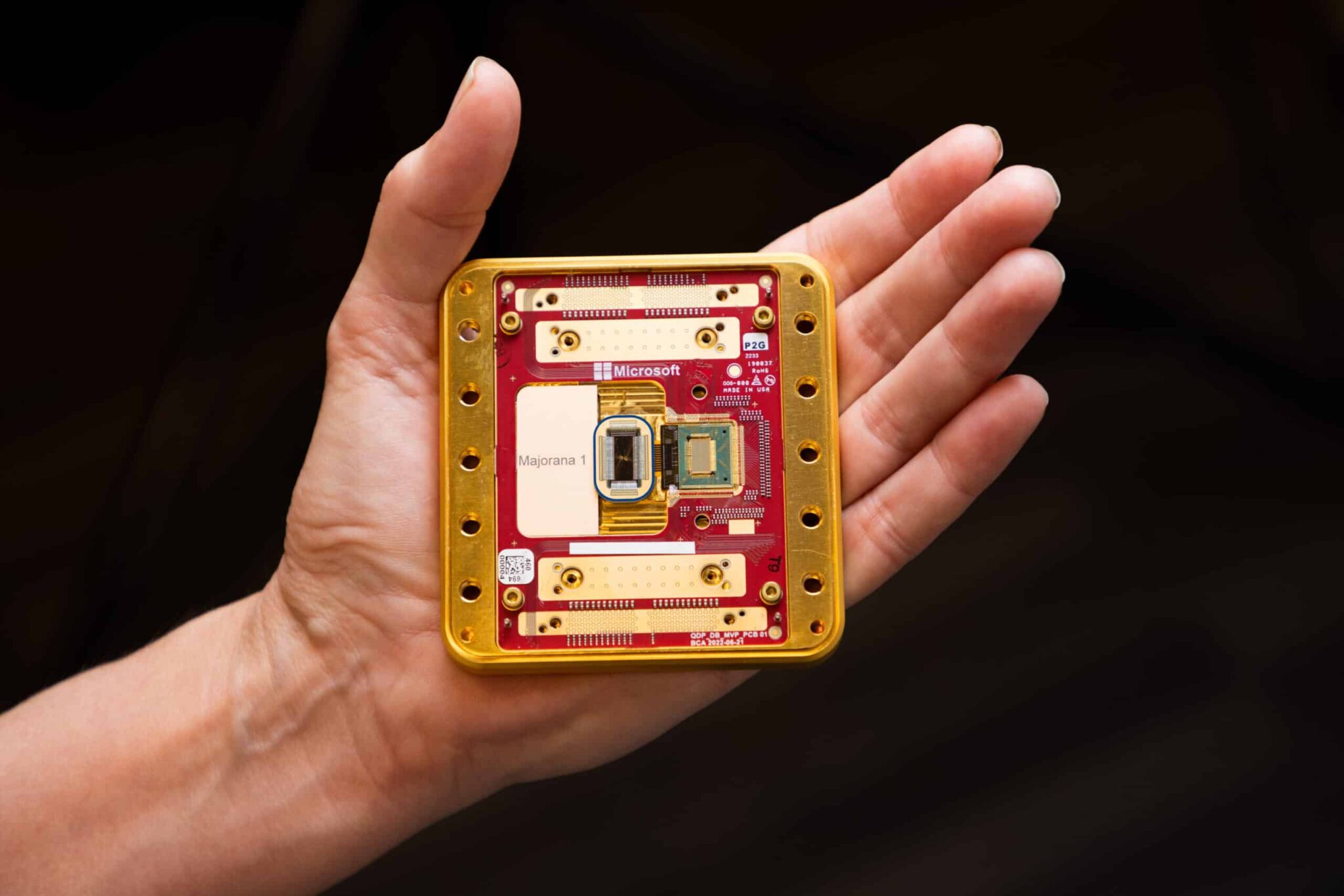Microsoft has made a significant stride in quantum computing with the development of the Majorana chip. This chip utilizes a unique type of particle called a Majorana fermion, which could solve a major challenge in building stable quantum computers. The development represents a key step towards making quantum computers a reality.
Current quantum computers are highly susceptible to errors. These errors arise from the delicate nature of qubits, the quantum equivalent of classical bits. Qubits are prone to decoherence, where they lose their quantum properties due to interactions with the environment. This instability makes it difficult to perform complex calculations.
Majorana fermions offer a potential solution. These particles are their own antiparticles. This characteristic makes them inherently more stable than other types of particles used in qubits. Because of this stability, Majorana fermions are less susceptible to environmental noise. This decreased susceptibility could lead to more reliable quantum computers.
Microsoft has been researching Majorana fermions for years. The company’s approach involves creating these particles in a specially designed semiconductor nanowire. The Majorana chip represents the culmination of this research, demonstrating the ability to control and manipulate these elusive particles.
The Majorana chip’s architecture differs significantly from other quantum computing approaches. It focuses on topological qubits. These qubits are encoded in the way the Majorana fermions are connected, making them even more resistant to errors. This topological protection is a crucial factor in the chip’s potential for stability.
The chip’s development is a significant accomplishment. It demonstrates that Majorana fermions can be created and manipulated in a controlled environment. This control is essential for building quantum computers that can perform useful computations.
Microsoft’s work on the Majorana chip has been published in peer-reviewed scientific journals. This publication adds credibility to the claims and allows other scientists to scrutinize the findings. The publications detail the chip’s design, fabrication, and performance.
While the Majorana chip is a significant step, it is not the end of the journey. Building a fully functional quantum computer based on Majorana fermions is a complex undertaking. Many challenges remain, including scaling up the number of qubits and developing error correction techniques.
Microsoft is continuing its research and development efforts in quantum computing. The company is investing heavily in this field, recognizing the potential of quantum computers to revolutionize various industries. These industries include medicine, materials science, and artificial intelligence.
The development of the Majorana chip is a major milestone in the quest for practical quantum computers. It offers a promising path towards building stable and fault-tolerant quantum computers. While challenges remain, this breakthrough brings the reality of quantum computing closer.
The Majorana chip’s success is based on years of research and development. Microsoft’s team of scientists and engineers has made significant contributions to the field of quantum computing. Their work has paved the way for future advancements in this exciting area.
The potential impact of quantum computing is immense. Quantum computers could solve problems that are currently intractable for even the most powerful supercomputers. These problems include simulating complex molecules, designing new drugs, and optimizing logistics.
The Majorana chip represents a crucial step towards realizing this potential. It provides a foundation for building more stable and reliable quantum computers. As research continues, we can expect to see further advancements in quantum computing in the coming years.
The development of the Majorana chip is not just a technological achievement. It is also a testament to human ingenuity and the pursuit of knowledge. Scientists and engineers have worked tirelessly to overcome the challenges of building quantum computers. Their dedication has brought us closer to a future where quantum computers can transform our world.































Majorana anyon, not fermion. Majorana fermions have not been detected